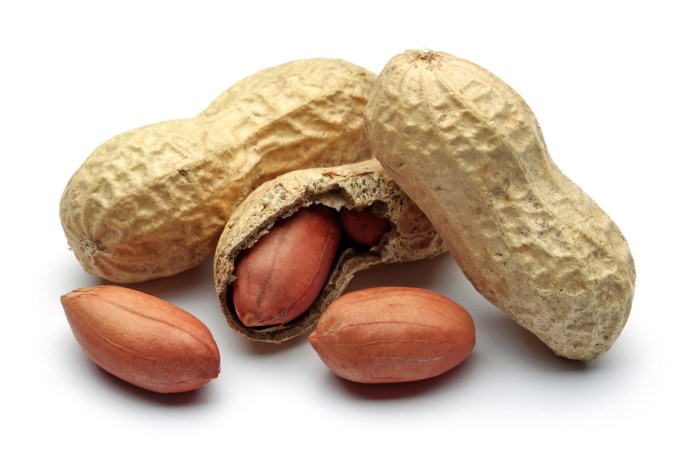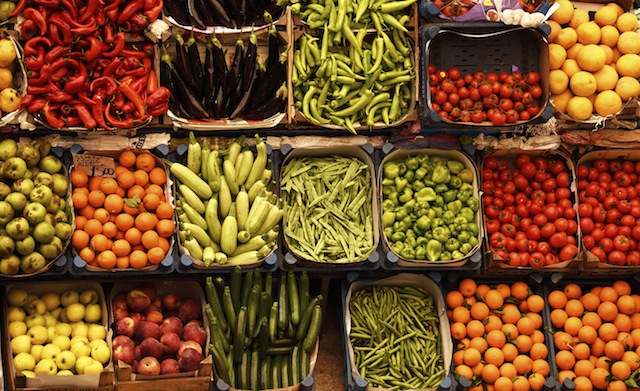The Mediterranean diet has long been associated with good health and longevity – and now new research by a British University verifies the facts.
“There is a lot of evidence from many studies that the Mediterranean diet is best at reducing the risks of a heart attack, stroke, dementia and also some cancers,” explains study leader Dr Aseem Malhotra, Department of Cardiology of Frimley Park Hospital, Surrey. The study, published recently in the British Medical Journal, found that the diet is associated with longer telomeres, the protective structures at the end of chromosomes, which slow the aging process. Experts believe it could also be a powerful weapon to tackle the obesity epidemic. In an editorial published in the Postgraduate Medical Journal (PMJ), Malhotra and two of his peers blamed general health recommendations for focusing on restricting calories instead of promoting a “healthier food environment”, such as a Mediterranean-style diet. The specialist added: “The alpha-linoleic acid, polyphenols and omega-3 fatty acids found in abundance in nuts, fruit, vegetables, olive oil and oily fish rapidly exert positive health effects by attenuating thrombosis and inflammation, and it is estimated that increasing the population’s consumption of fruit and vegetables by one portion per day and nut consumption by two servings a week would prevent 5.2 million deaths from cardiovascular disease globally within just one year.” According to the Food and Agriculture Organization, the Mediterranean diet, inspired by the traditional cuisine of Italy, Spain and Greece, consists mainly of olive oil, plenty of fresh or dried fruits and vegetables. In addtiion to fish – preferably oily varieties – cereals, nuts, a moderate amount of dairy and meat, accompanied by wine or infusions are also recommended. Malhotra also insists on reducing sugar and processed food intake. “We are now learning with more details that refined carbohydrates such as white bread consumed in large amounts increases the risk of obesity.” He advises patients to eat “more fats and less refined carbohydrates”. But don’t be mistaken, warns the cardiologist, a Mediterranean diet “doesn’t include pizza and pasta.” Observing this method reduces the risks of death and weight issues including those who are considered “skinny fat”, which is a serious medical condition, as one in four slim people have pre-diabetes and are “metabolically obese”, according to a study published in the Journal of the American Medical Association in 2012. Malhotra says, “We shouldn’t forget that about 40 percent of people with a normal BMI will develop a disease associated with the metabolic syndrome, such as high blood pressure, diabetes, and even cancers.” In order for people to lose weight or just remain as healthy as possible, health authorities should help people shift away from counting calories to actually eating food that could be beneficial for their health. “All calories are metabolized differently.We know for example that when you eat protein, your body has to use up to twice the energy to metabolize it than it needs to metabolize carbohydrate,” he says.
Eat yourself thin with the Mediterranean diet



















